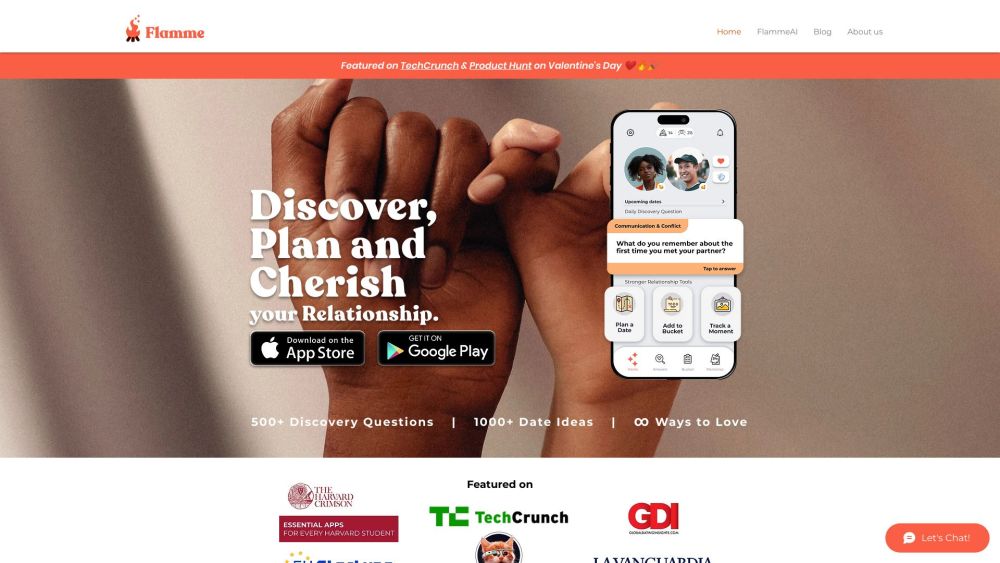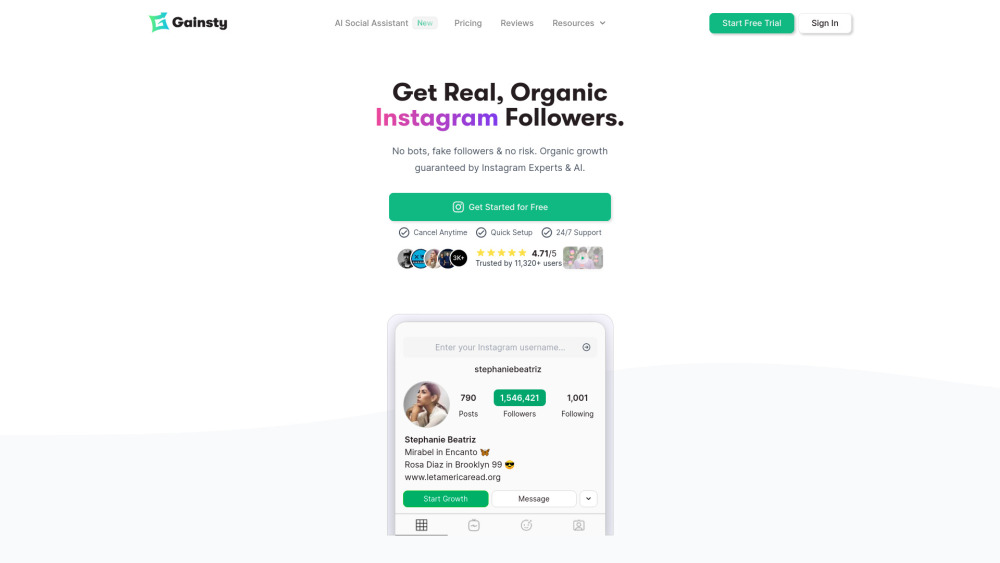In the burgeoning generative AI landscape, significant focus has shifted towards leveraging this technology for coding. However, the software development lifecycle encompasses far more than just writing code, particularly in enterprise settings.
Today, software development firm Harness introduced a major platform update that integrates generative AI throughout the software development and delivery process. Founded in 2017, Harness originally concentrated on automating continuous integration and continuous delivery (CI/CD), a cornerstone of modern DevOps. Since then, the company has expanded its offerings, evolving into a comprehensive software delivery platform. In 2023, Harness launched its AI Development Assistant (AIDA) to automate various aspects of enterprise software development. With today’s updates, Harness significantly enhances its capabilities by introducing a suite of AI agents designed to accelerate the entire software development lifecycle. Notable among these agents are the AI DevOps Engineer (ADE), QA Assistant, AI Code Generation tools, and AI Productivity Insights.
"We believe developers waste valuable time on repetitive tasks," said Jyoti Bansal, CEO and co-founder of Harness. "Toil encompasses all those tasks outside of coding."
Automating the Software Development Lifecycle
The aim of reducing toil involves implementing intelligent automation, now powered by AI agents on the Harness platform.
The AI DevOps Engineer represents a significant upgrade from the previous AI developer assistant. This agent architecture does more than answer questions; it executes complex tasks, such as creating pipelines for code deployment and autonomously addressing failed deployments.
The AI QA Assistant focuses on automating end-to-end testing for web and mobile applications, specifically targeting user experience. "We’re seeing around an 80% reduction in the effort required to write tests," Bansal noted. "A test that would typically take a week to create can now be completed in just a few hours."
Entering the AI Code Assistant Space
With this update, Harness also joins the AI code assistant market, utilizing Google Cloud’s Gemini models. AI code assistants have gained traction, with various vendors like GitHub Copilot, Replit, Tabnine, Oracle, and AWS already offering such technologies.
Bansal explained that the Harness AI code assistant is akin to GitHub Copilot, providing real-time code suggestions and autocompletion as developers code. However, he emphasized that this function is merely a fraction of the extensive Harness platform, which differentiates itself by offering an integrated solution.
AI Productivity Insights for Measuring Development Efficiency
Productivity remains a top concern for enterprises, but quantifying it can be challenging. The new Harness AI Productivity Insights tool seeks to bridge this gap by comparing the productivity of developers using AI coding assistants versus those who are not. The objective is to generate tangible data reflecting the productivity gains facilitated by these assistants, focusing on metrics such as velocity, code quality, and developer sentiment.
The overarching goal of these new features is to enhance developer productivity significantly. Bansal anticipates that teams using AI agents can boost productivity by up to 50%. He emphasized that while the workflow steps may remain unchanged, each step becomes more efficient with AI assistance. This efficiency extends beyond coding to encompass testing, deployment, security compliance, and operational management.
"We aim to achieve efficiencies across the entire workflow, freeing developers to dedicate more time to creative problem-solving," he concluded.





